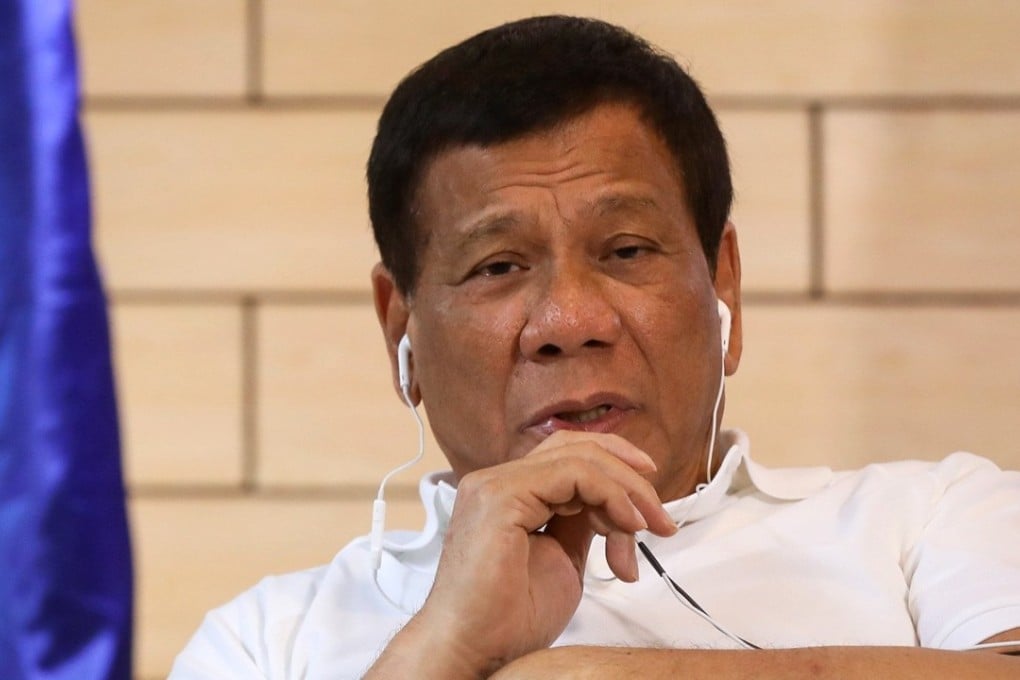China Telecom’s move into Philippines faces legal battle
- A consortium backed by China Telecom looks likely to face a protracted legal battle after winning its bid to become the Philippines’ third telecoms provider
- Controversy surrounds the winning bidder’s links to President Rodrigo Duterte

A China-backed consortium faces the prospect of a protracted legal battle after winning its bid to become the Philippines’ third telecoms provider.
The Philippine government last week gave the nod to a bid by the Mislatel Consortium – in which China Telecom would have a 40 per cent stake – to provide a mobile and broadband service network, after disqualifying the only two other bidders.
The Sear Telecom Consortium was disqualified for not submitting a 700 million pesos (US$13.14 million) “participation security” payment beforehand, while the Philippine Telegraph and Telephone Company (PT&T) lost out for providing incomplete documents.
Both losing bidders immediately appealed against their disqualifications, but were rejected by the National Telecommunications Commission (NTC) on Tuesday. Presidential spokesman Salvador Panelo issued a statement last week insisting the bidding process was “transparent, fair, public and open”.
Mislatel, which stands for Mindanao Islamic Telephone Company, has an alliance with China Telecom, Chelsea Logistics Holdings and the Udenna Corporation run by Davao-based tycoon Dennis Uy – who donated 31 million pesos to fund Duterte’s presidential campaign.